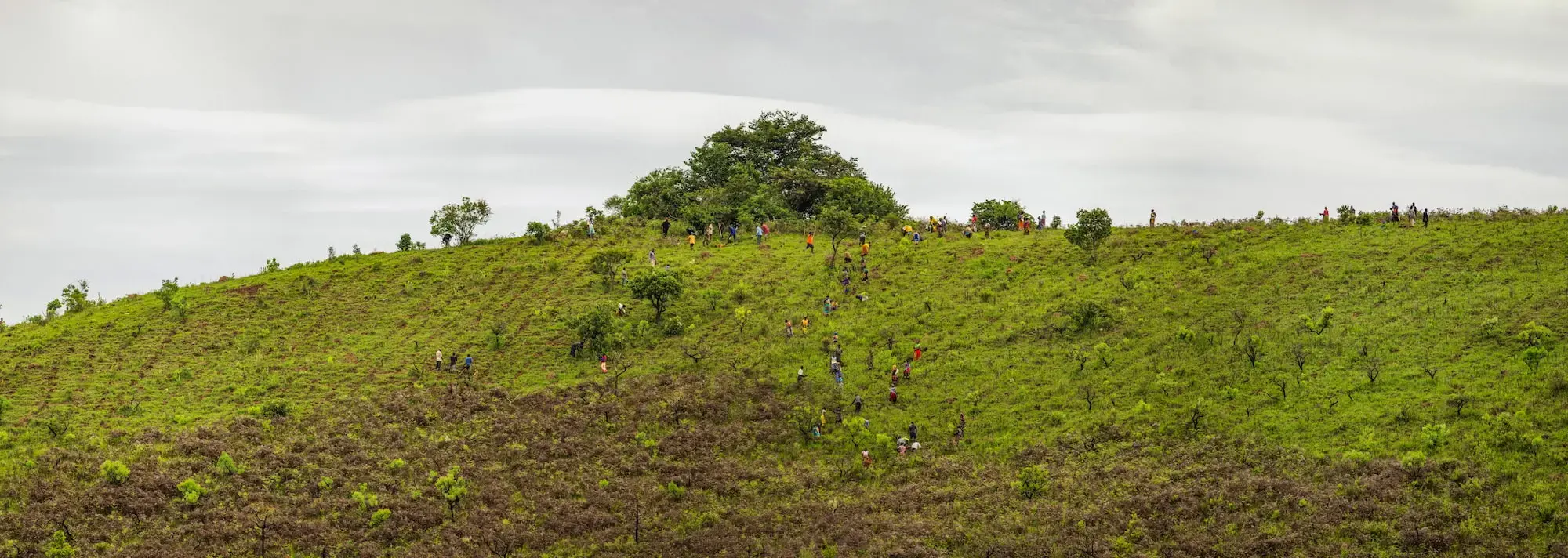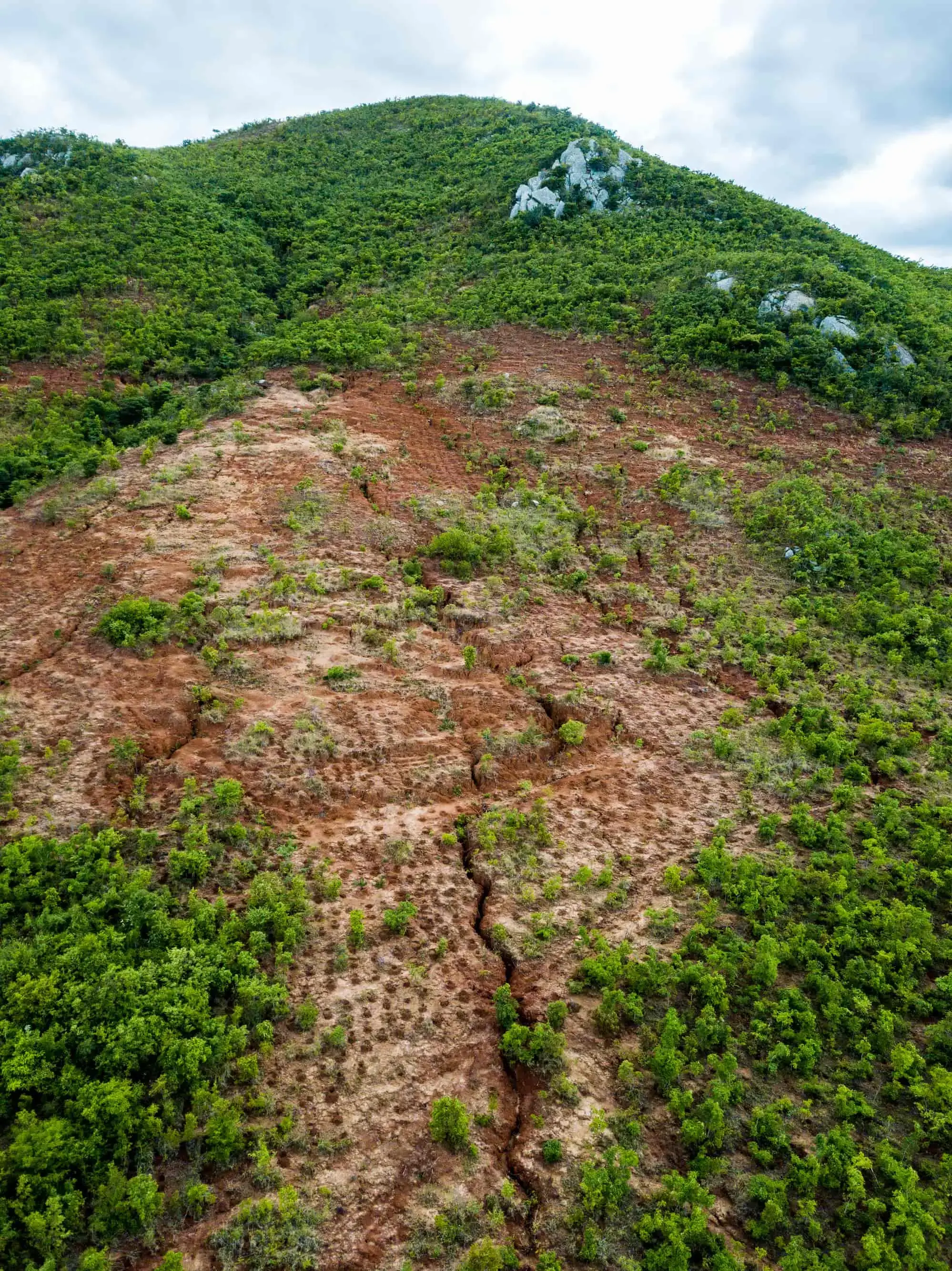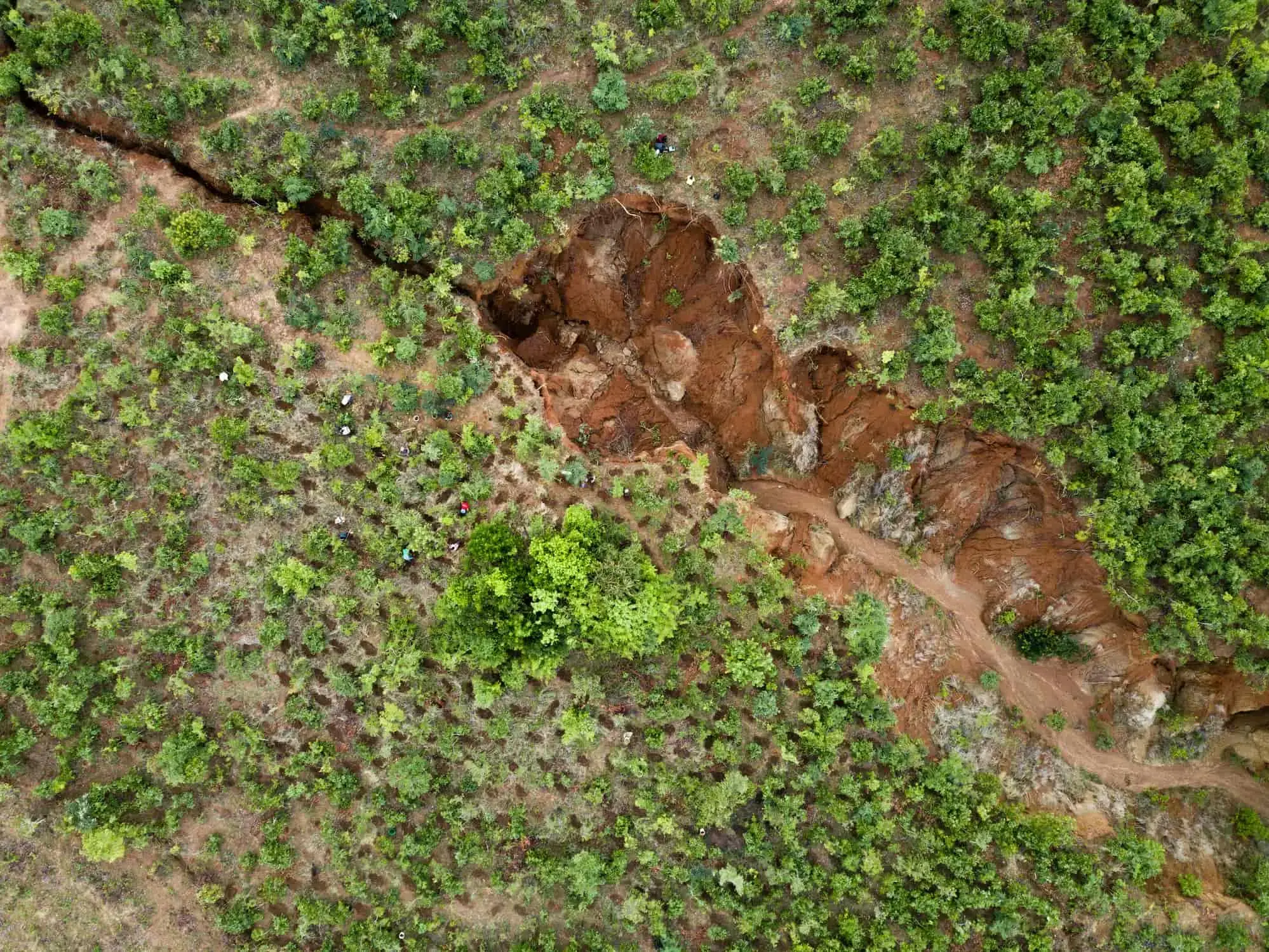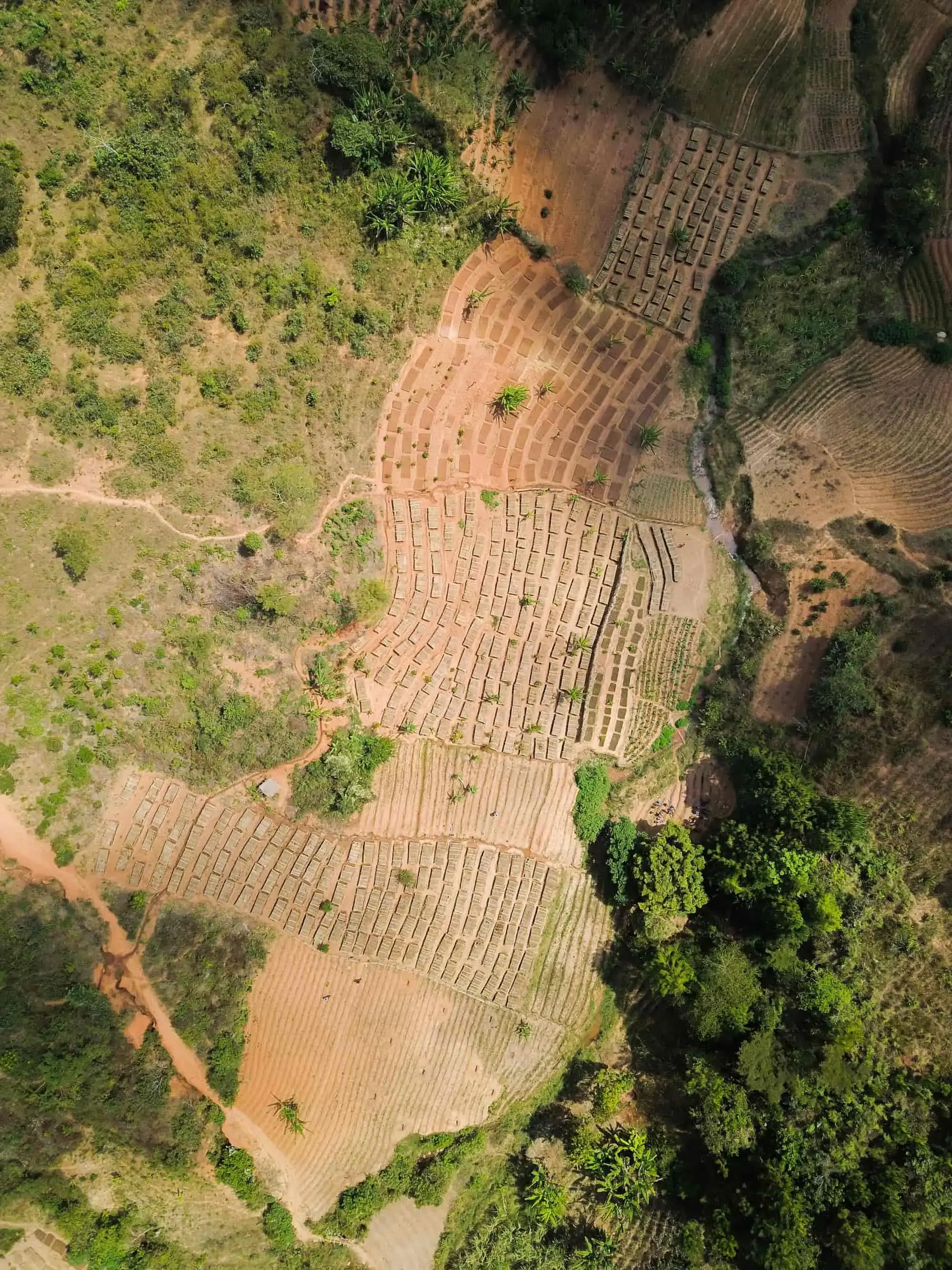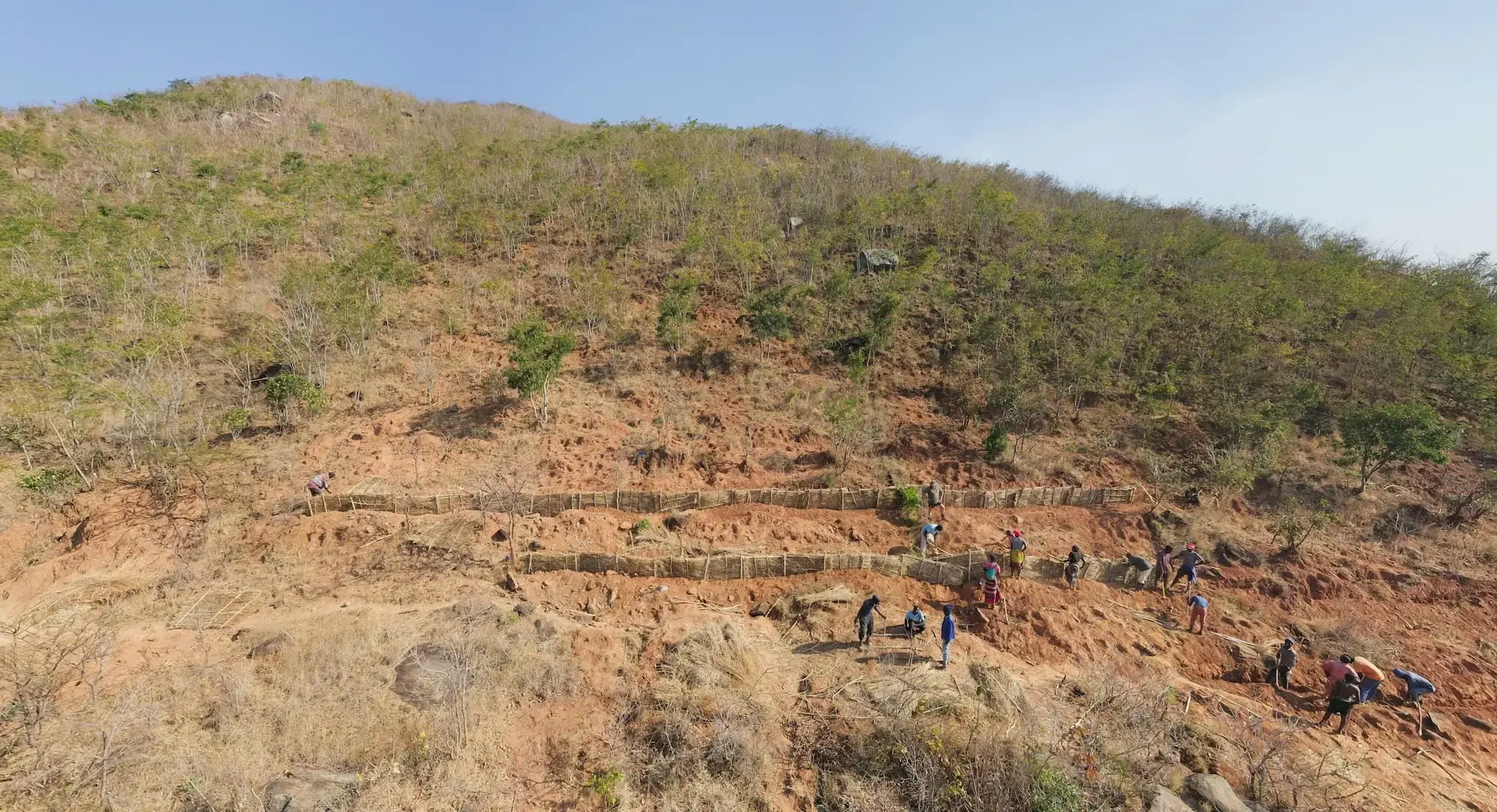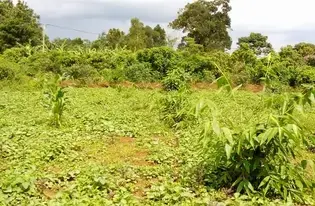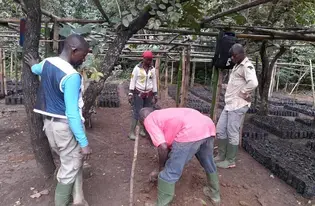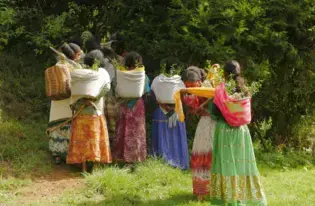Access to water is a global problem, especially for communities impacted by climate change. Addressing this challenge allows rural communities to produce more food and improve their livelihoods.
In sub-Saharan Africa, 12 million women and over 3 million children spend more than 30 minutes collecting water every day. In Malawi, it's even worse: the average is nearly an hour. Land degradation in Malawi costs 7% of the country’s economic output, reducing the water, food, and wood supply.
Founded in 2005, Wells for Zoë provides access to clean water to over 400,000 community members in rural northern Malawi. The organization also supports education, sustainable farming, and landscape restoration.
“We are driven by a desire to improve the lives of women and girls who are tasked with fetching and carrying possibly contaminated water. By ensuring access to safe clean drinking water, women and girls are able to seek educational, career and livelihood opportunities,” shares Kevin Dalferth, the organization’s chief technical officer.
To further its work, Wells for Zoë has received two major grants. With the Priceless Planet Coalition, a global effort to restore 100 million trees that is led by Mastercard, the organization is reforesting entire hills with 3 million indigenous trees. Through TerraFund for AFR100, an initiative of World Resources Institute, One Tree Planted, and Realize Impact that finances Africa's top restoration enterprises and projects, it is growing a further 500,000 trees.
Wells for Zoë focuses its work to restore the fragile soil systems around Enyezini Secondary School in the community of Hanock Beza to allow replenishment of groundwater through natural solutions: Farmers dig contour berms and install natural dams that slow down and collect runoff water to prevent soil erosion, protecting newly planted saplings that live on the steeper slopes of the hills. Covering bare ground with indigenous grasses also contributes to a fast change of microclimatic conditions. Through the development of agroforestry systems with fruit-bearing trees and a variety of native species, the project is improving livelihoods and promoting a more diverse diet for local communities.
"Through erosion control, you not only stop the process that is making [erosion] worse; you can also drastically improve the quality of the soil," Dalferth explains. Erosion can also deplete groundwater, the source of clean water that the Wells for Zoë pumps provide to local farmers.
Providing water and economic opportunities to local people is ensuring the organization's long-term success in a landscape where growing demand for charcoal is still deforesting vast areas.
“We produce and install unique plastic water pumps in our impact communities to reduce girls’ school dropout rates, lower waterborne diseases, and improve crop yields. Our bottom-up approach involves working with community members and farmers to lead this positive change. Farmers receive payment and training in preventing soil erosion, conserving ecosystems, and improving their farmlands,” says Kevin.
Their work continues to grow. In the 2022-23 season Wells for Zoë planted a total of 1.7 million indigenous tree seedlings. Around 1 million indigenous seeds were also distributed for people to grow in their own nurseries and near their own homes. They also installed 315 pumps to provide clean water.
In its project with TerraFund for AFR100, the organization is embracing a variety of cutting-edge drone monitoring and field data-collection techniques to track its progress and displays all data on their map.
Between January and October of 2022, for example, that data for the TerraFund for AFR100 project indicated that Wells for Zoë planted 952,789 trees grown in two nurseries, and brought 203 hectares under restoration. It also created 622 jobs -- 63% of those were for women -- and increased the income and skills of 567 people.
As their impact continues to grow, Wells for Zoë is looking to expand their grassroots work to reach more communities, ensure that our ecosystems are well taken care of, and make access to clean water a reality for all Malawians.
